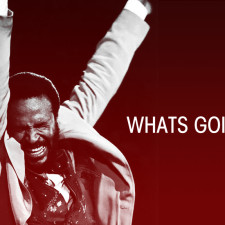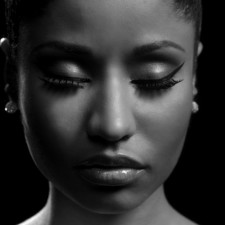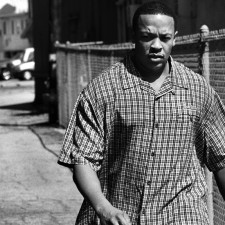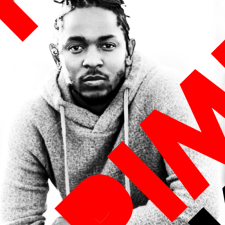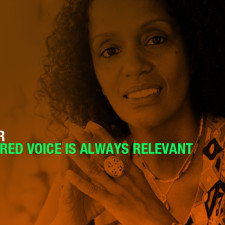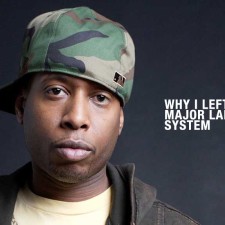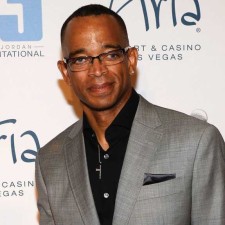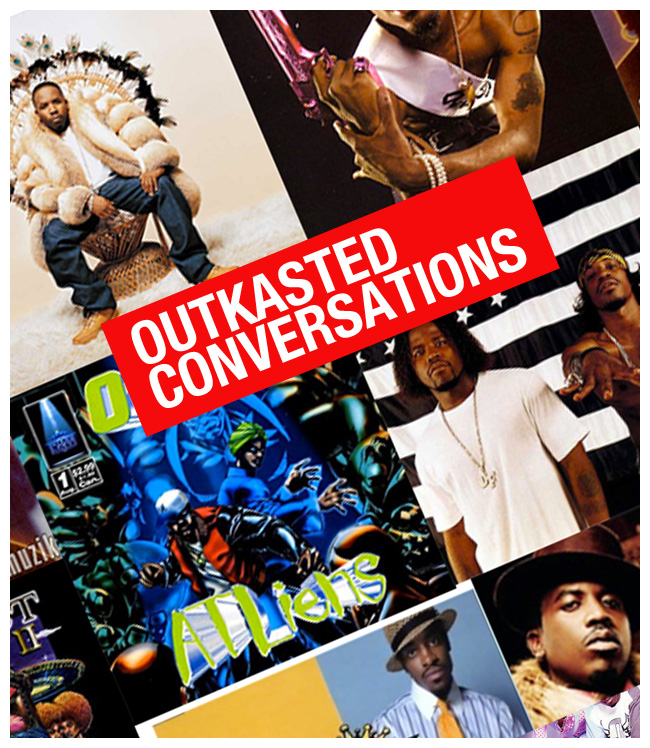
Dizzee Rascal
‘And all I care about is sex and violence
A heavy bass line is my kind of silence
Everybody says that I’ve gotta get a grip
But I let sanity give me the slip
Some people think I’m bonkers
But I just think I’m free
Man I’m just living my life
There’s nothing crazy about me’
This year, Dizzee Rascal has shocked the US music industry with his inimitable style and some addictive tunes. Yet, at only 24, he has remained a British icon for almost a decade. The East London-born rapper mixes grime and electronic music to complement his signature fast-paced, staccato lyrics. Since 2002, Dizzee, née Dylan Mills, has released four albums, all of which have captivated the critics. But his childhood was not as idyllic as his music career. Raised by a single mother, he was expelled from four schools, earning the brand ‘rascal’ from an early age. Consequentially, violence and crime characterized his teenage years.
Although Mills’ struggle is not one with race, he seems to be severely conflicted over the representation of his identity. On the one hand, his lyrics are ostentatious and bold, spattered with constant referrals to money, and reveal his prominent competitive streak. In one of his earlier songs, Money Money, Mills expresses the urge to increase his wealth, adding ‘Don’t get it confused, I will never lose.’ In a later song, Old Skool, he advises to ‘Stand tall even when their hating and their scheming, Yeah watch your money rise right to the ceiling.’ Mills does not shy away from his fame either. In Holiday, he raps:
‘Party around the clock
And when we get there it’s strictly VIP
No need for ID, security know me
No waiting in line, no high entry fee
Don’t worry about nothing when you’re beside me.’
Dizzee Rascal – Holiday
Yet on the other hand, Mills still yearns to be perceived as normal. In his most recent success, Bonkers, he insists that, although ‘some people think I’m bonkers […] there’s nothing crazy about me.’ However his insistence of normality is farfetched, especially when the following lyrics claim that ‘all I care about is sex and violence.’ At the very least, Mills expresses the desire to counteract the ‘self’ that his industry success has created. In his second big hit and one of my favourite Dizzee Rascal songs, Fix Up Look Sharp, he addresses this concern:
‘I’ve heard the gossip from the street to the slammer,
They’re trying to see if Dizzee stays true to his grammar,
Being a celebrity don’t mean shit to me,
Fuck the glitz and glamour, hey I’m with the Blicks and Gamma.’
Dizzee Rascal – Fix Up, Look Sharp
Despite Mills’ struggle with self-image, his ‘Englishness’ has remained a part of his true identity, and inspiration for countless songs. He stays loyal to his roots, rapping in his signature, quirky cockney and embellishing his lyrics with English street slang. He repeatedly refers to himself as a ‘rude boi,’ terminology that originated in London. In Wannabe, he states:
‘Leave me alone or you’ll be sorry,
Beef ain’t nothing new to me, you wally,
Why don’t you just kick back, be jolly,
Stay at home with a cup of tea, watch Corrie.’
In the end, Mills does not seem to use his race as inspiration for much of his work. Indeed, there is very little direct mention of the colour of his skin anywhere on his albums, something that seems a rarity for black rappers today. Instead, he focuses on his hometown, a theme that may grow in popularity as the younger generation puts racial struggles behind them and focuses on newer issues of the future. Mills sums up his sentiment in his interview with British newsman Jeremy Paxman. When asked if he was British, Mills replied:
‘Of course I’m British, man […] It don’t matter about what colour you are, but it matters what colour your heart is.’
Dizzee Rascal interviewed by Jeremy Paxman for BBC Two’s Newsnight Barack Obama Special
ANNA CHRISTOFFERSON
Tags: Dizzee Rascal, Grime music, Hip-Hop, Jeremy Paxman, London, Newsnight, Rap

 Share On Facebook
Share On Facebook Tweet It
Tweet It

